A Healthy Baby Boy!
Estimated reading time: 10 minutes, 26 seconds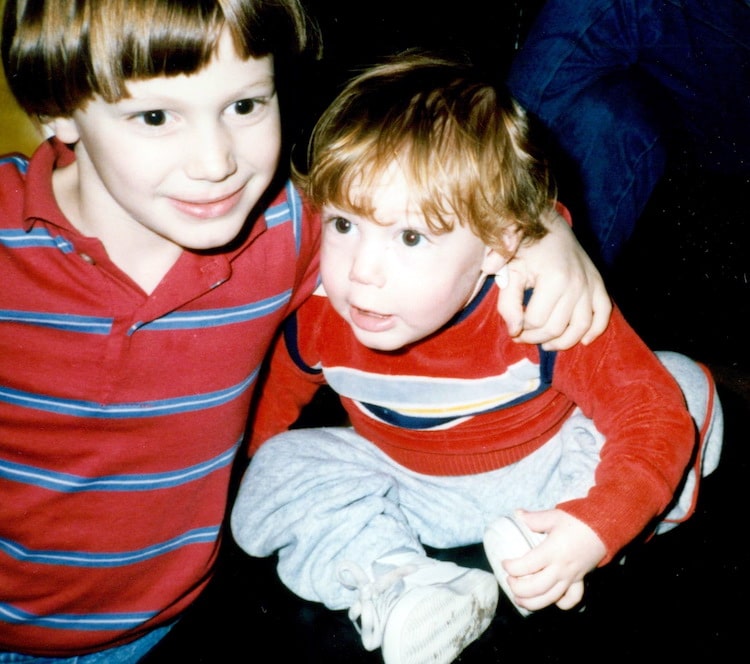
Buckethead
My son, your Mom will appreciate the flowers,” I said as I unlocked the front door to our house. It had been a lovely day in late June, and as we often did, we walked from the childcare cooperative thru the Brooklyn Botanic Garden to our house. I had taken the D train to Grand Army Plaza.
“Can you carry my bookbag? I want to hide the flowers from her,” Jon said.
Good idea. I always try to hide flowers from your Mom.
Jon ran to his Mom with the flowers at the top of the stairs.
“Are these for me? They are so beautiful!”
“We did not pick them. The flowers had fallen on the ground,” Jon explained.
I will get a vase with water,” I responded while kissing Jan.
After putting the flowers on the dining room table, I returned to the living room and sat next to Jan on the couch.
“Before dinner, your Mom and I wanted to talk with you.”
“OK,” he said as he ran around the room in a large circle.
Jon, come here,” Jan said. We both put our arms around him.
As he wiggled in hopes of gaining his freedom, Jan spoke.
“In a few months, you will be a big brother!”
“I already knew that,” Jon said as he pulled himself loose from our hugs.
“How did you know?”
“Did someone tell you?”
“No, I’m smart.”
Jan and I looked at each other. We did not doubt he was an intelligent child, but this was a surprising response.
“What is the baby’s name?”
“We have not decided,” I interjected. “Also, we do not know if it will be a boy or girl.”
Jon picked up the empty five-gallon peanut butter bucket and placed it on his head.
“Buckethead! Buckethead! That is the baby’s name.”
I think we would like a nice name like yours,” Jan explained.
“No, Buckethead is the name!
Jan and I smiled at each other.
“We will consider that name,” I said with a grin.
“Buckethead! Buckethead!”
After almost 48 years, I recently lost my wife, Jan Lilien. Like The Little Prince, Jan and I believed that “The most beautiful things in the world cannot be seen or touched, they are felt with the heart.” This blog is a collection of my random thoughts on love, grief, life, and all things considered.


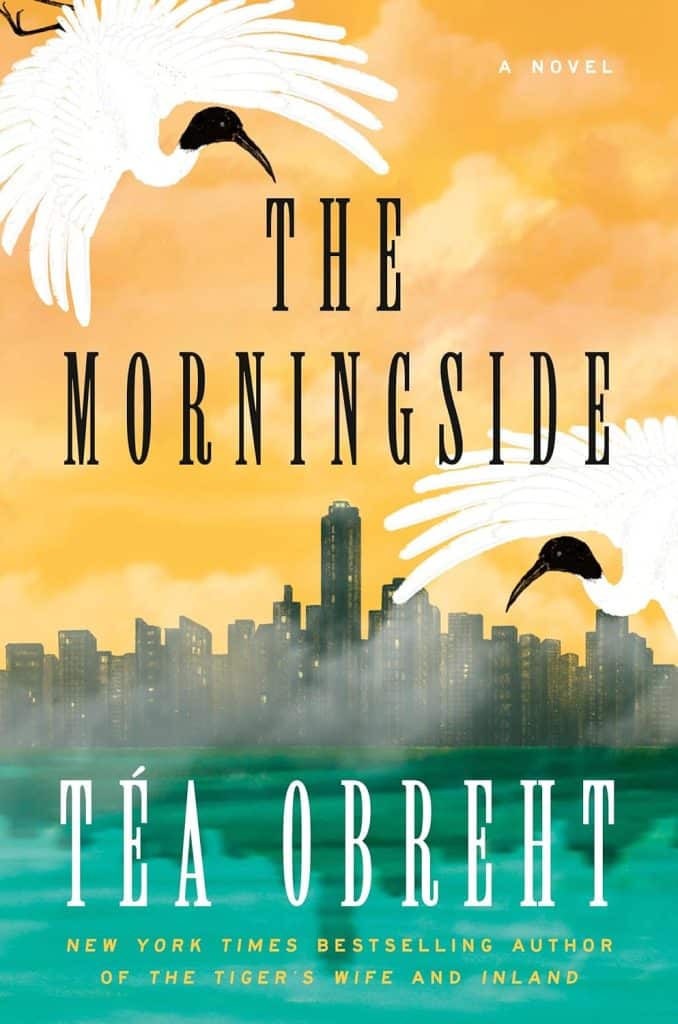
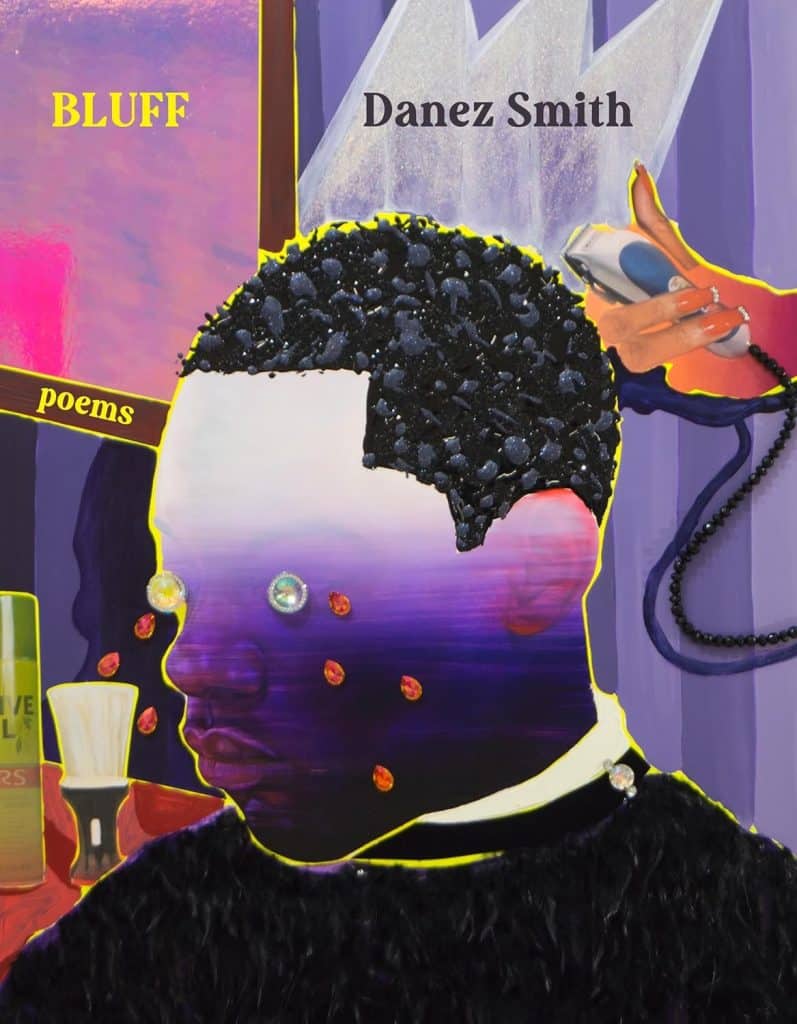
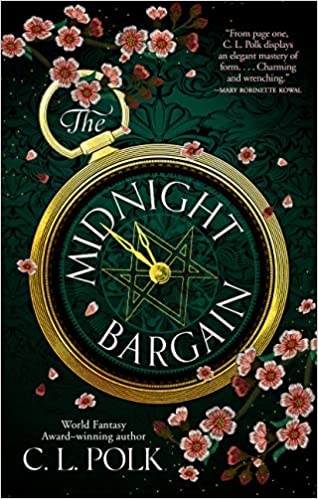
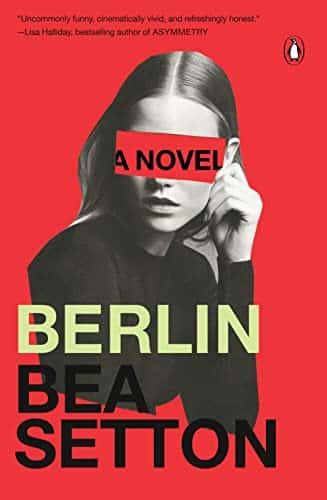
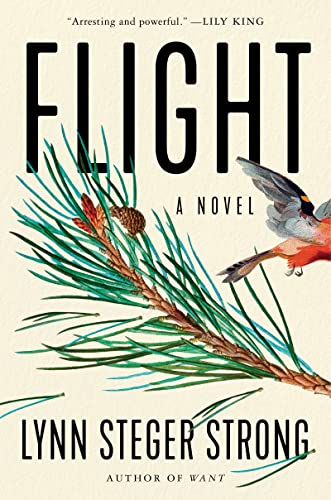
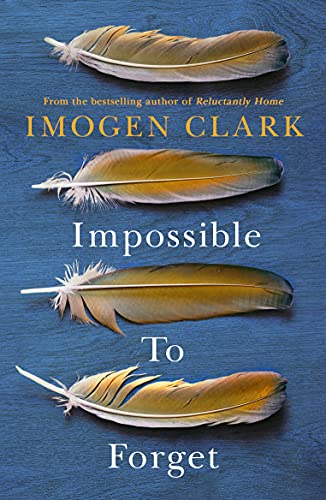
What a great way to remember Your dear wife! I will spend some time reading past articles. Keep going, Richard! Great job!!!
Hugo, thank you so very much for your kind words.
I write from my heart about Jan. The words flow like fresh honey.
As Helen Keller wrote,
“What we have once enjoyed we can never lose. All that we love deeply becomes a part of us.”
Let me know if you find other articles of interest and feel free to share the newsletter with anyone you believe might enjoy reading it.